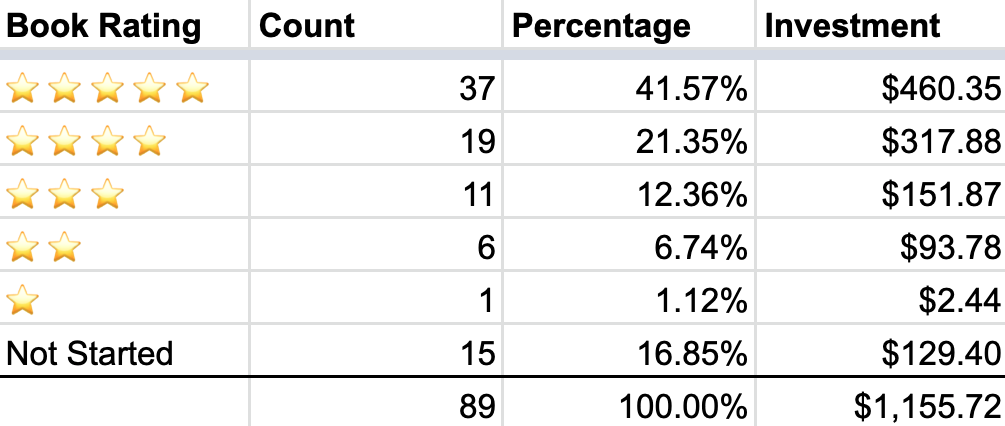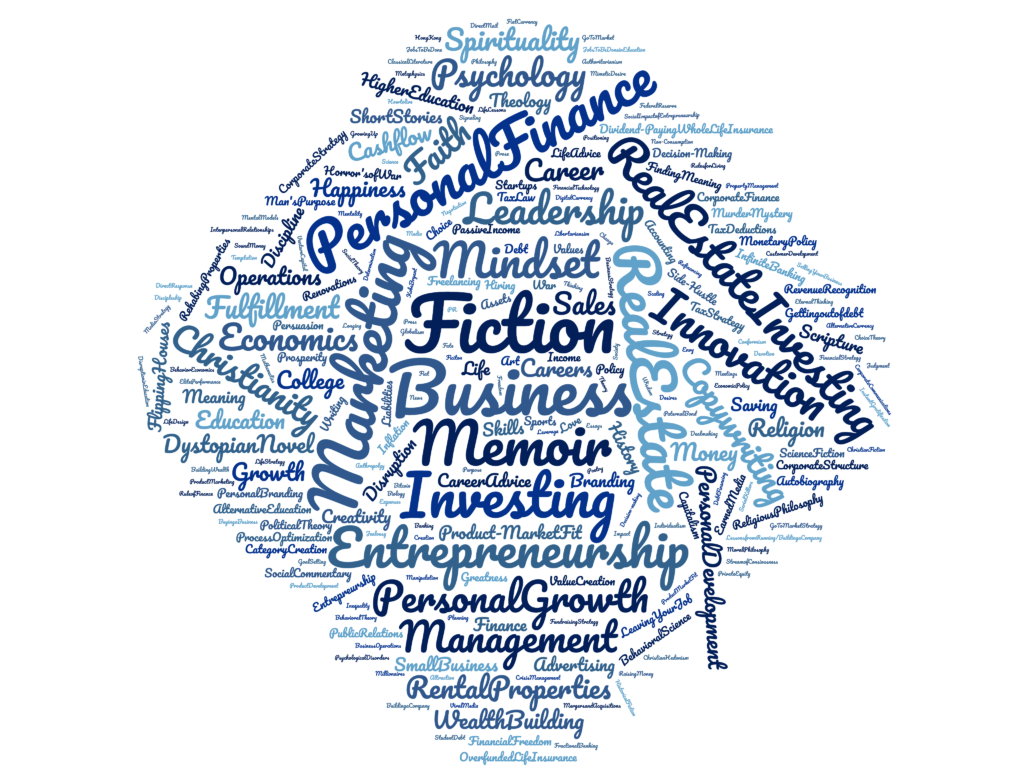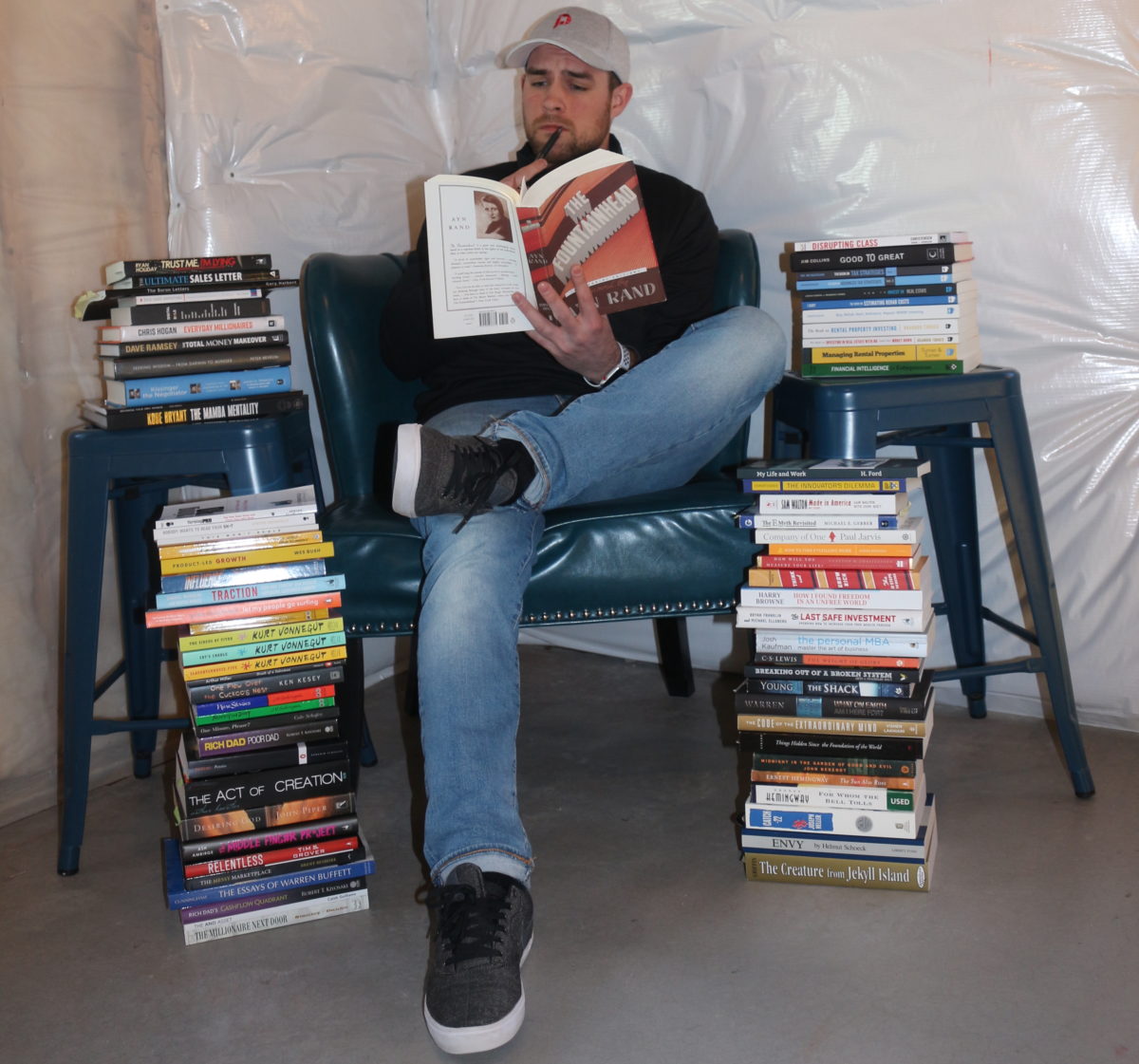Across the country right now many students are being duped into believing myths of a causal relationship existing between higher education and upward mobility. It’s long past time purveyors of this perverse notion carefully reassess their commentary.
At best, it is an inaccurate assessment of reality. At worst, it is a fatal error. It’s naive to assume a degree determines equity or value in the marketplace. A degree, much like a driver’s license, is no more than a signal. Just as a license does not indicate ability to drive, a college degree indicates no special aptitude for performing tasks necessary to earn a wage. Each serves as an emblem, neither as a guarantee.
Unfortunately, many young people are marinated in this unhealthy distortion of reality for 15,000+ hours before being released into the great big world to investigate for themselves. It’s hardly a surprise so many choose to pursue a college degree. From a young age, I too heard the fiery sermons about going to college to ensure landing a good job. I heard all about how degree holders, on aggregate, make over $1M more than non-degree holders.
Sadly, I bought into the lies…
I went off and I earned my college degree. Thankfully I only wasted four years. During this prison sentence I realized how inadequate institutions of higher education are at determining a person’s ability to earn an income.
I’m not one who sits still and classrooms are the bane of my existence. So I skipped most of my classes while there. I still did well on the homework and was an ace at examinations, but my poor attendance cost me many top marks. No skin off my nose. My real education while at college was hard-earned on my own beyond the confines of cinderblock cells. It’s outside the classroom where I learned to create value for others.
My senior year of college, I might as well have dropped out. Looking back I wish I had. I wasted a lot of time trying to skate by as the end neared. My periphery compliance prevented me from giving more attention to my interests. I could’ve gained more from that time.
For instance, I launched my freelance career that year. I also bartered with a handful of other students to complete their assignments or take entire courses for them. Each moment I spent in the classroom withdrew time and effort I could have better spent growing these businesses. I learned far more from both of these activities than I ever did in a classroom.
I also learned from these transactions that many people don’t give a shit about the education element of higher education. Most inherently recognize that it’s only a signal, not an indicator of skill. They’d be content simply purchasing the signal if it was possible. But heaven forbid they forego four years of revelry. What’s sadder yet is that many young people can’t formulate a decent response as to why they’ve chosen to pursue a degree. They’ve never flipped the burden of proof. Many of the reasons, if challenged, would better justify simply moving to a college town for four years, finding a job, and foregoing school altogether.
Challenging the Narrative.
While the reasons for seeking a degree are as many and varied as are the institutions ready to provide one, the number of young people amassing crippling debt burdens is even greater. Young people are being cheated. Not [only] by lenders and the government. But also by a fraudulent education system. The product these institutions market is not what it claims to be. In most cases, I’d even argue the product is harmful to the wellbeing of its consumers. Sadly, it’s more a feature of the system than a flaw of it.
The folklore of the institution of education pretends otherwise: “Attend school as long as possible. Make stellar grades. Listen to the teachers and professors. Get a good job. Don’t worry about what it costs. Your education is the best investment you could ever make.”
This narrative is bullshit.
For one, it’s blanket statement applied gratuitously to every student in every circumstance. Rarely would you ever hear a guidance counselor tell a student he or she should consider making different plans after high school. This isn’t unfair. It’s unrealistic. Some people are not cut out for the classroom–I might even argue that most aren’t.
For those who can manage to learn inside the borders of a class, assuming that college is always the best option is dishonest. In many cases the cost of obtaining a higher degree comes at much too high a toll. The debt can be paralyzing and the incessant ranking against peers demoralizing. Furthermore, the authoritarian exposition in which most formal education is set harmfully stifles creativity and originality of many of its brightest pupils. Some young people would be best to pursue learning on their own terms.
Speaking of learning. The institution of education presumes good grades and obedience to the pedagogy equates to an understanding of subject matter. Again, this is erroneous. In some cases it might be true. But it is certainly not true of every student in every case. Speak not of cheating, but the academic system as structured encourages rote memorization and rewards those who best regurgitate material. This diminishes the incentives of developing sound logic skills, of challenging the status quo, and of discovering answers for oneself.
With all this emphasis on grades and obedience and little demand for providing real social proof of an attained skill or prowess in an area of study, the school releases these young, barren minds into the world on the job hunt. Saturated with lofty ideals and a sense of entitlement cultivated by years of promise that arriving at that this moment would pay dividends, receiving a diploma often marks the pride before the fall.
It’s no wonder many young people walk around jaded and plagued by despair. They’re not much different than many millions who have lost it all in the stock market on speculation. Except in most circumstances every adversary the young people ever had egged them on to push all their chips in on college. At least with the stock market there’s an air of skepticism that goes with the territory.
The narrative of college also fails to critically engage young people in thinking about what they could do instead. This is perhaps the most grotesque error. The advent of technology has put an instruction manual on any possible skill in the pocket of every young person. What young people need instead of college is experience. College takes away time and focus from gaining meaningful experience. It also presumes that the degree is a more valuable signal than the experience that could have been gained in the same amount of time. I caution this thinking.
There are also many other classic arguments like: “You need college because you’re no Bill Gates, Steve Jobs, or Mark Zuckerberg.”
I say great. The world might not need another Microsoft, Apple, or Facebook. Most people don’t have revolutionary ideas, but they do possess revolutionary points of view. It also might be intellectually lazy to set the status of ‘billionaire mogul’ as a standard of success of foregoing college or dropping out. Their stories still provide useful examples though, even if–especially if–you don’t have a revolutionary idea.
Here’s why. You don’t have to have a revolutionary idea to forego college. You just need to figure out what people want and how to deliver that to them. This is where your revolutionary point of view will come in handy. Whether those people you’re providing value for are potential employers, consumers, customers, friends, or anyone. Create and sell what people want, and you’ll always have whatever you need. You don’t necessarily have to provide exceptional products. You have to provide products or services that people want, exceptionally. And this doesn’t require a degree.
Some other examples.
There are rappers, musicians, artists, athletes, writers, chefs, business owners, and even eight U.S. presidents who don’t (or didn’t) have college degrees. You don’t need one either. Learn to recognize what people want or could use. Figure out a way to get it to them at a price they’re willing to pay. That’s all. If you can figure that out then all of college and higher education is obsolete.
But what if I’m studying business?
You won’t get business acumen in the classroom. College as a prerequisite to business acumen is a myth MBA-types and elitists cower behind. They lurk behind their lofty suffixes because deep down they’re afraid of the truth. The truth that their time and effort was all for not. That it was wasted. That they could have obtained it better, cheaper, or faster. I pity those who entertain this mindset for their lack of intellectual depth. Somewhere in their pasts, someone must have eradicated their imaginations. They are no longer humans, but computers. They’ve traded in their outside-the-box thinking for algorithms and actuarial science. They’ve given up sentient thought.
If they had any imagination, they could fathom abstract like success and achievement as existing outside a vacuum. They could recognize that income potential and upward mobility are not static ideas, but fluid, ever-changing enigmas with subjectively calculated value. Degrees are no different.
A Degree’s Value is Subjective.
Just because the world says a degree is worth a lot doesn’t mean potential employers will care. It also doesn’t mean it will necessarily make a person feel more successful or happier. Much like a bottle of water is worth more than a diamond to a thirsty man in the desert, the ability to create value is worth immensely more to an employer than a degree–even an ivy league one.
Today, obtaining a college degree is easier than it ever has been. That’s what makes it so dangerous to tout its value and necessity. It’s simple supply and demand, or what I’ll call degree inflation. The more people that have a degree, the less value it holds to differentiate you in the marketplace.
Because of the massive influx, the signal that a degree once held has dwindled from a flare to an ember. If you want to distinguish yourself, a degree is a poor mechanism for doing so. You could use some social proof or a value proposition instead. You could use experience or a skill set. You could use any number of things as a better signal–even if you want to use these in conjunction with a college education. But don’t fool yourself that the degree alone is sufficient.
So, say you feel like college is not for you. How do you go about creating a better signal?
Simple. Here’s one method I propose:
Make a short list of a handful of things that interest you. Whatever they are, write them down. Don’t be afraid to go big.
Next, make a short list of things you are good at. Not just things your mom tells you you’re good at. What things would everyone you know say you’re good at?
If any of the items on these two lists merge then congratulations. You’ve found a starting point. You are now equipped to find a business owner who has a need for a service that lives at the intersection of your interests and skills. When you find said business owner, ask if you can shadow him or her for a week or more. If this is granted, do it ASAP. Take notes. Learn everything you can and constantly assess ways your skills could add value to the operation.
At the end of the shadowing, first, draft a thank you note to the business owner. Along with it, draft a proposal on how your unique interests and skills could be engaged valuably to the business owner. From what you learned about the business in shadowing, detail what you witnessed. “The following areas could benefit from innovation, and I’m just the person to do it.” Why? Because you want to learn and improve his or her enterprise and at your age you need experience more than money. Do not pitch your skills. Do not pitch your financial situation. Meditate on the business owner’s vision and pitch your desire to help achieve it.
When you’re hired, as you most likely will be and begin working to fulfill this agreement, document your work. Build a portfolio as you go of the projects you create–if the info isn’t sensitive. Start a blog or build a quick website to host the things you learn and to feature the projects you create. Boom. You’ll never have to worry about a degree again.
To all the young people out there who have fallen victim to statistics and the social commentary about college, don’t fret. The same opportunity is open to you. While your limited availability might impact your prospect to gain real experience, openness to ideas, a strong work ethic, a hunger to learn and unswerving dependability can help you overcome that.
Ultimately, it’s your life.
Whether you choose to pursue a college education or not is entirely up to you. Don’t make a blind decision. Be mindful of the opportunities you’re foregoing and the time, effort, and money you might be wasting. Don’t rely on a degree as a signal of your worth. Create a better one.







